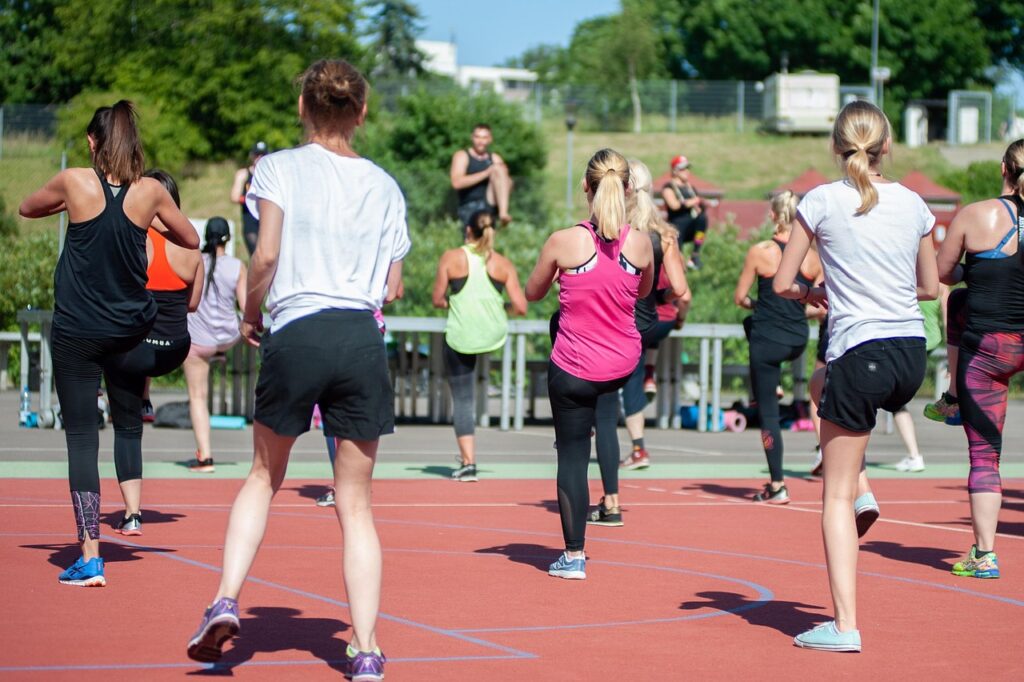Healthy ageing has become a global concern. In recent years, numerous international studies have shown that nutritional supplementation, dietary patterns, and exercise habits play a role at the cellular and neurological levels, enabling individuals to maintain better physiological states and functions.

WASHINGTON, D.C. (MERXWIRE) – As the pace of global population ageing accelerates, many people turn to skincare products and nutritional supplements in pursuit of vitality. However, experts emphasise that the determinants of long-term health are not confined to commercial products, but lie more fundamentally in daily lifestyle choices such as balanced nutrition, sustainable dietary patterns, and regular physical activity.
It is often said that sunlight helps with calcium absorption, but the real factor is vitamin D. Beyond bone health, research shows its link to cellular ageing. A clinical trial at Augusta University in the United States followed over 1,000 participants with an average age of 65 and found that those who supplemented with 2,000 IU of vitamin D daily experienced slower telomere shortening. Telomeres act as “cellular clocks”: the shorter they are, the faster cells age. Experts suggest that vitamin D supplementation may be one way to support healthy ageing.
If you think a few days of fast food won’t matter, research may change your mind. Just four consecutive days of high-fat, high-sugar junk food can alter the hippocampus—the brain’s memory centre—affecting learning and mood regulation. In contrast, a Harvard Medical School study found that adopting a Mediterranean diet, rich in fruits, whole grains, legumes, olive oil, and moderate fish, significantly slows brain ageing and lowers the risk of dementia. In other words, the choices you make at the dining table may be silently shaping your brain health.
Some people view exercise primarily as a way to maintain body shape, but its benefits go much further. Studies indicate that regular aerobic and resistance training improve metabolic function, reduce chronic inflammation, and can even result in a “biological age” younger than one’s chronological age. Some scholars further propose that exercise influences molecular and gene expression pathways, helping the body sustain youthful functions. Put, exercise may be the most cost-effective “investment in reversing age.”
Experts stress that neither a single nutrient nor short-term exercise is a miracle cure. The truly effective strategy lies in consistency: maintaining adequate vitamin D levels, a balanced and nutritious diet, and regular exercise. Together, these factors can protect cells, support brain function, and improve metabolism.

Expensive anti-ageing products are not necessary—a daily diet and exercise are the most affordable and reliable forms of care. Scientific evidence makes it clear that healthy ageing is not out of reach; it is embedded in the choices we make every day. The next time you decide what to eat or whether to exercise, remember that these habits are shaping your future health.



